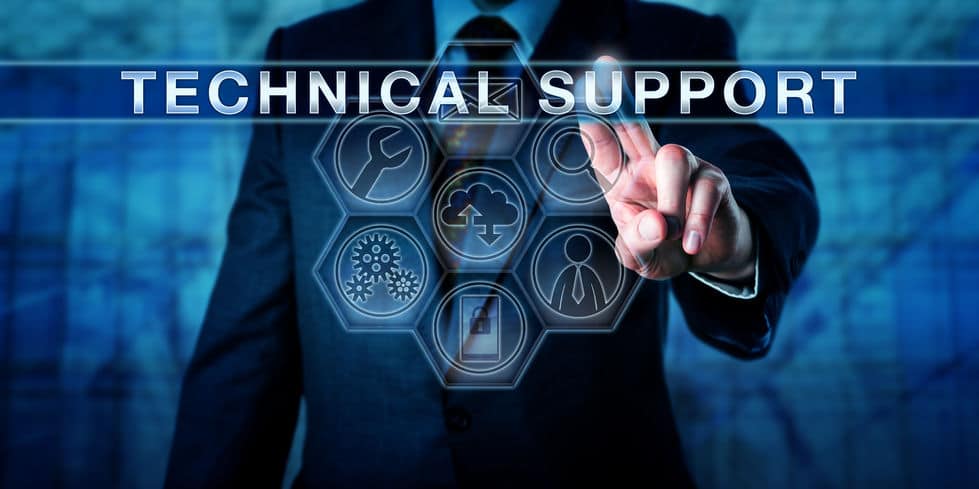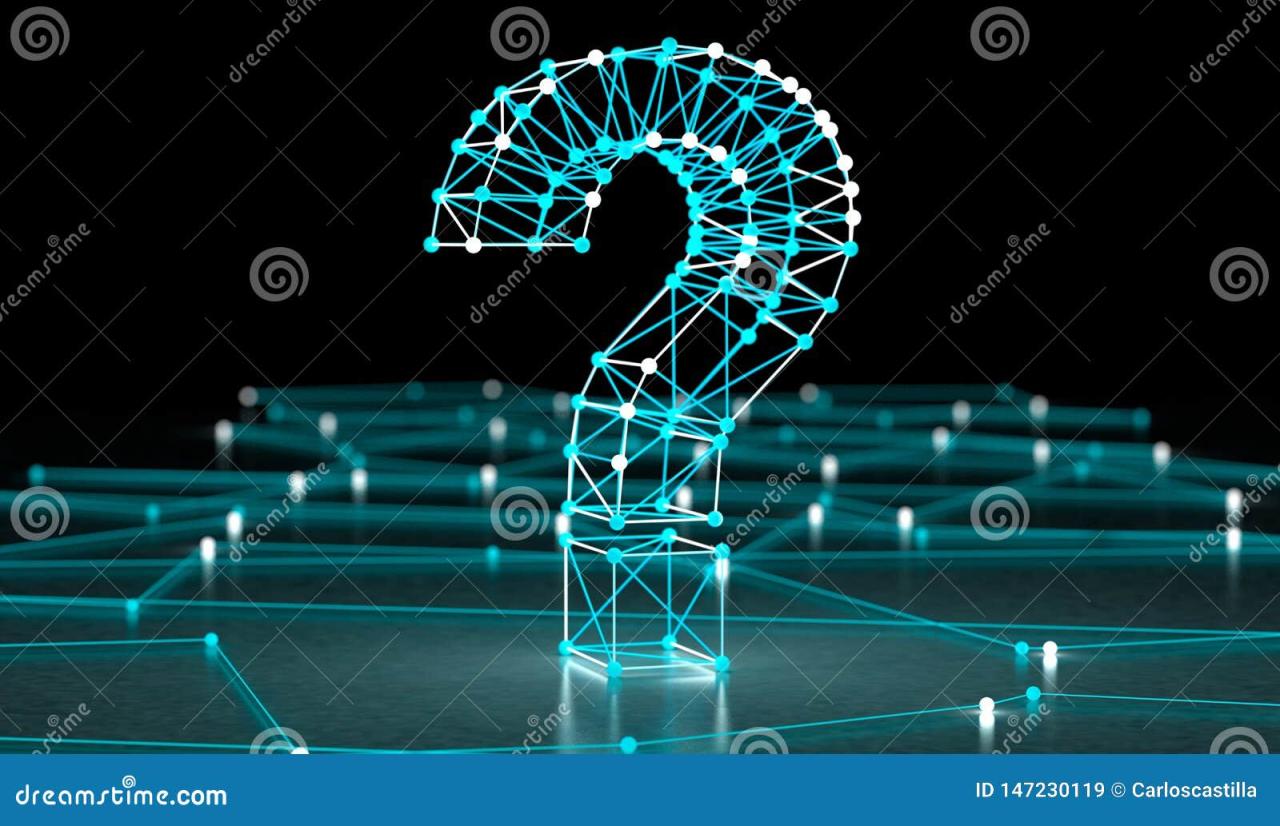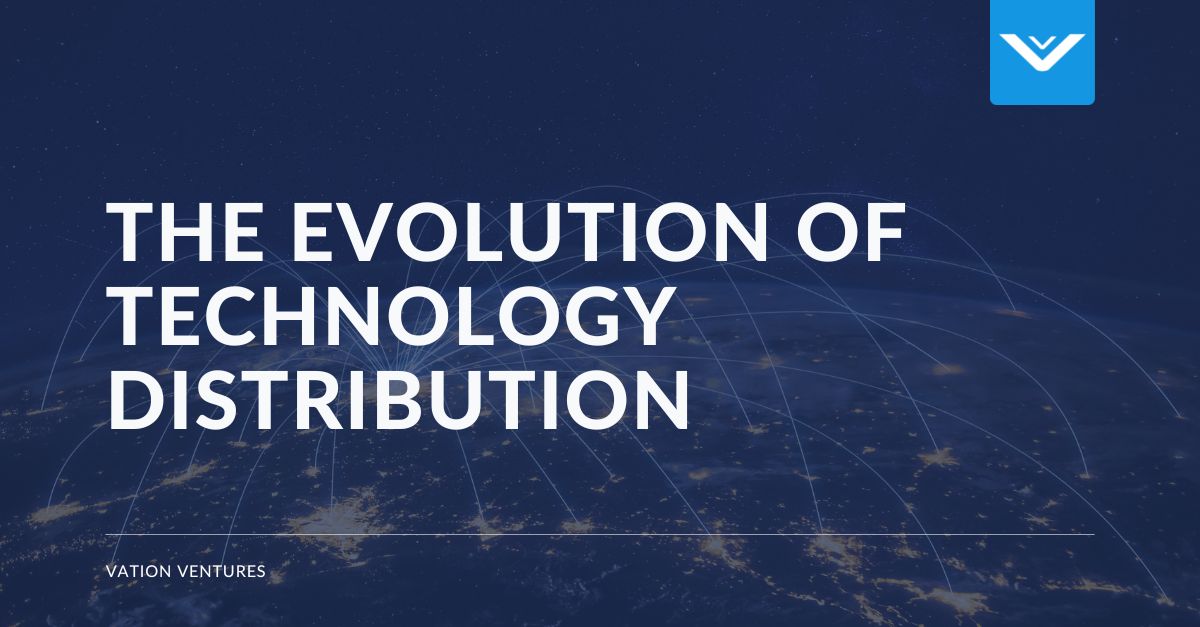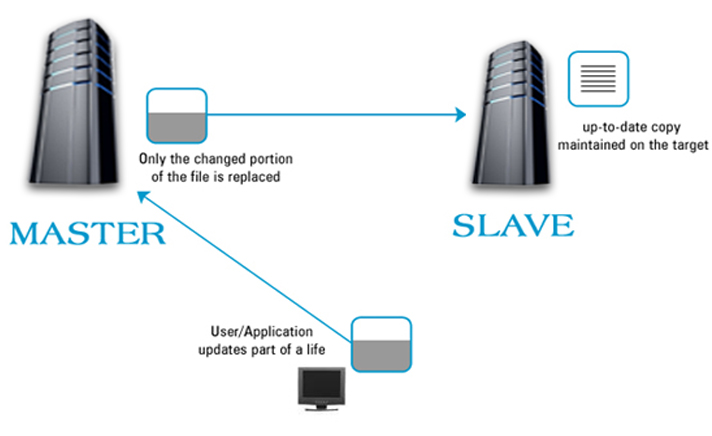Ticket Technology: From Paper to Digital
Ticket technology has undergone a dramatic transformation, evolving from traditional paper tickets to sophisticated digital solutions. This shift has been driven by several factors, including the rise of mobile devices, […]
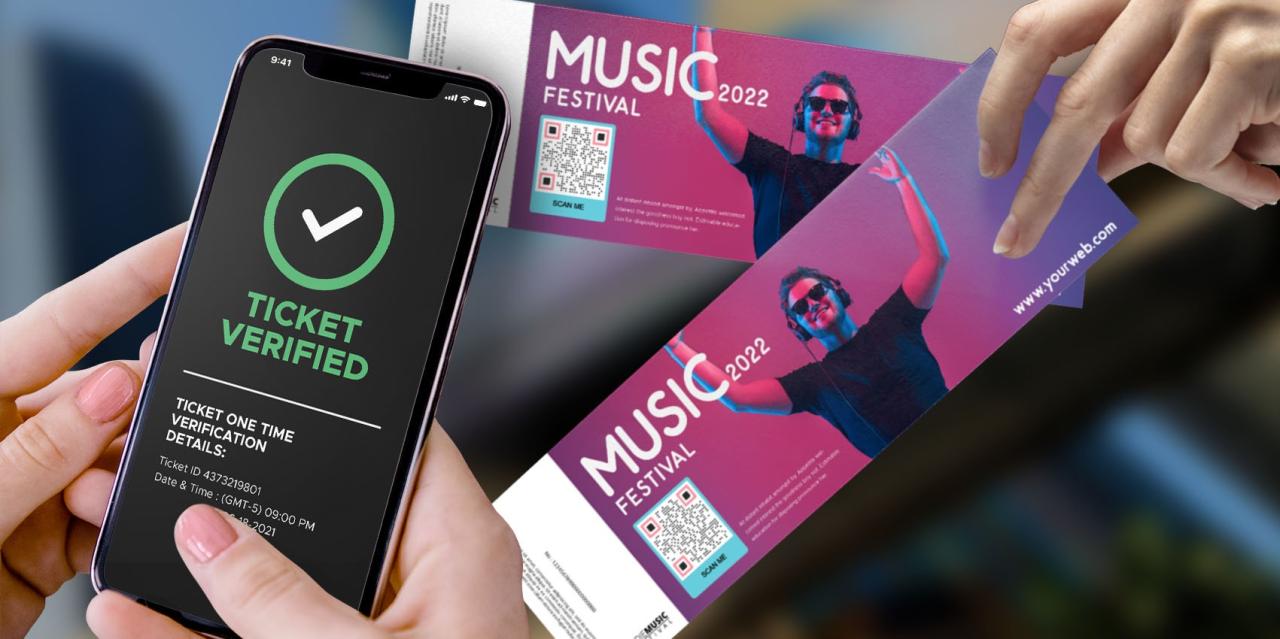
Ticket technology has undergone a dramatic transformation, evolving from traditional paper tickets to sophisticated digital solutions. This shift has been driven by several factors, including the rise of mobile devices, the desire for contactless payments, and the demand for personalized experiences.
From event ticketing to transportation and access control, ticket technology plays a vital role in streamlining operations, enhancing security, and improving customer satisfaction. This technology has also embraced innovation, with the emergence of blockchain and AI-powered ticketing platforms further revolutionizing the industry.
Ticket Technology
The evolution of ticket technology has been a journey from physical paper tickets to sophisticated digital solutions. This transformation has been driven by advancements in technology and a growing demand for convenience, efficiency, and personalized experiences.
Evolution of Ticket Technology
The history of ticket technology can be traced back to the early days of travel and entertainment. Paper tickets, often with intricate designs and security features, were the standard for decades. However, with the rise of the internet and mobile devices, the landscape of ticketing began to change.
- Early Digital Ticketing (1990s): The emergence of online ticketing platforms marked the first steps towards digitalization. Websites like Ticketmaster and StubHub allowed users to purchase tickets online, eliminating the need for physical tickets. However, these platforms often involved printing tickets or receiving them by mail, limiting their convenience.
- Mobile Ticketing (2000s-Present): The advent of smartphones and widespread mobile internet access revolutionized ticketing. Mobile ticketing apps allowed users to store, manage, and present their tickets directly on their devices. This eliminated the need for physical tickets and provided greater flexibility and accessibility.
- Contactless Payments (2010s-Present): Contactless payment technologies, such as NFC (Near Field Communication) and QR codes, further streamlined the ticketing process. These technologies allow users to purchase and present tickets using their smartphones or smartwatches, eliminating the need for physical cards or cash.
Key Trends Driving Ticket Technology Adoption
Several key trends are driving the adoption of ticket technology, shaping the future of the industry.
- Mobile-First Approach: The increasing use of smartphones and mobile apps has led to a significant shift towards mobile-first ticketing solutions. This trend is driven by the convenience, accessibility, and personalized features that mobile apps offer.
- Contactless Transactions: The growing preference for contactless payment methods, driven by factors like hygiene and security, has accelerated the adoption of contactless ticketing solutions. This trend is particularly relevant in the post-pandemic world.
- Personalized Experiences: Consumers are increasingly demanding personalized experiences, and ticket technology is playing a key role in fulfilling this need. By collecting and analyzing data, ticketing platforms can provide tailored recommendations, offers, and content to enhance the customer experience.
Innovative Ticket Technologies
Several innovative technologies are emerging in the ticketing space, offering new possibilities for enhancing efficiency, security, and customer engagement.
- Blockchain Technology: Blockchain technology can enhance ticket security by creating a decentralized and immutable record of ticket ownership. This can help prevent counterfeiting and ensure that only legitimate tickets are used.
- AI-Powered Ticketing Platforms: Artificial intelligence (AI) can be used to personalize the ticketing experience by analyzing customer data and providing tailored recommendations. AI can also optimize pricing strategies, predict demand, and improve customer service.
Types of Ticket Technology
Ticket technology encompasses a wide range of systems and solutions that facilitate the issuance, management, and validation of tickets for various purposes. These technologies have revolutionized how we access events, transportation, and secure facilities.
Event Ticketing
Event ticketing systems are designed to manage the sale, distribution, and control of tickets for concerts, sporting events, conferences, and other gatherings. These systems offer a range of features, including online ticketing platforms, mobile ticketing apps, and barcode scanning solutions.
Event ticketing systems provide a secure and efficient way to manage ticket sales, prevent counterfeiting, and enhance the overall event experience.
Types of Event Ticketing Technologies
- Online Ticketing Platforms: These platforms allow users to purchase tickets online, often with features like seat selection, payment processing, and digital delivery. Examples include Ticketmaster, Eventbrite, and AXS.
- Mobile Ticketing Apps: These apps enable users to store and manage tickets on their smartphones, eliminating the need for physical tickets. They often integrate with digital wallets and offer features like ticket transfer and resale.
- Barcode Scanning Solutions: Barcode scanners are used at event entrances to verify ticket authenticity and grant access. They can be integrated with ticketing systems to track attendance and manage entry flow.
Benefits of Event Ticketing Technology
- Increased Efficiency: Online ticketing platforms streamline the ticket purchase process, reducing queues and wait times.
- Enhanced Security: Mobile ticketing apps and barcode scanning solutions help prevent counterfeiting and ensure ticket authenticity.
- Improved Customer Experience: Digital ticketing solutions offer convenience, flexibility, and a more seamless event experience.
Drawbacks of Event Ticketing Technology
- Technology Dependence: Reliance on technology can pose challenges in cases of system outages or connectivity issues.
- Security Concerns: Digital ticketing systems can be vulnerable to security breaches and data theft.
- Accessibility Issues: Not everyone has access to smartphones or reliable internet connectivity, potentially excluding some individuals.
Transportation Ticketing
Transportation ticketing systems are used to manage the issuance, validation, and payment of tickets for public transportation, such as buses, trains, and subways. These systems can range from simple paper tickets to sophisticated contactless payment solutions.
Transportation ticketing systems aim to improve efficiency, reduce fraud, and enhance the overall travel experience.
Types of Transportation Ticketing Technologies
- Paper Tickets: Traditional paper tickets are still widely used, especially in developing countries. They can be purchased from ticket booths or vending machines.
- Magnetic Stripe Cards: These cards store ticket information on a magnetic stripe and are read by card readers at entry points. They are commonly used in many public transport systems.
- Contactless Payment Systems: These systems use contactless payment methods, such as credit cards, debit cards, and mobile wallets, to pay for tickets. They offer convenience and speed, eliminating the need for physical tickets.
Benefits of Transportation Ticketing Technology
- Increased Convenience: Contactless payment systems and mobile ticketing apps make it easier for passengers to pay for tickets.
- Improved Efficiency: Automated ticketing systems streamline the ticketing process, reducing wait times and improving service efficiency.
- Reduced Fraud: Magnetic stripe cards and contactless payment systems offer increased security and help prevent ticket fraud.
Drawbacks of Transportation Ticketing Technology
- Cost of Implementation: Implementing sophisticated ticketing systems can be expensive, especially for smaller transport operators.
- Technology Dependence: Reliance on technology can create challenges in case of system failures or outages.
- Accessibility Issues: Some passengers may not have access to contactless payment methods or smartphones, potentially excluding them from using certain ticketing systems.
Access Control
Access control systems are used to regulate entry to secure areas, such as buildings, offices, and events. These systems utilize various technologies, including key cards, biometrics, and mobile credentials, to authenticate users and grant access.
Access control systems are designed to enhance security, manage access rights, and provide detailed audit trails.
Types of Access Control Technologies
- Key Cards: These cards contain a magnetic stripe or RFID chip that stores user information and access permissions. They are commonly used in offices, buildings, and parking garages.
- Biometrics: Biometric access control systems use unique biological characteristics, such as fingerprints, facial recognition, or iris scans, to authenticate users. They offer high security and prevent unauthorized access.
- Mobile Credentials: Mobile access control systems allow users to store their credentials on their smartphones and use them to access secure areas. They offer convenience and flexibility.
Benefits of Access Control Technology
- Enhanced Security: Access control systems help prevent unauthorized access and ensure the safety of personnel and assets.
- Improved Access Management: These systems allow administrators to control access rights, manage user permissions, and track access history.
- Increased Efficiency: Automated access control systems streamline the entry process, reducing wait times and improving efficiency.
Drawbacks of Access Control Technology
- Cost of Implementation: Implementing sophisticated access control systems can be expensive, especially for larger organizations.
- Privacy Concerns: Biometric access control systems raise privacy concerns, as they collect and store sensitive personal data.
- Technology Dependence: Reliance on technology can create challenges in case of system failures or outages.
Benefits of Ticket Technology
Ticket technology offers a multitude of benefits that streamline operations, enhance security, and elevate the overall experience for both organizers and attendees. From improved efficiency and cost reduction to heightened security measures and enhanced customer experiences, ticket technology has revolutionized the event management industry.
Increased Efficiency and Cost Reduction
Ticket technology significantly streamlines event management processes, leading to increased efficiency and reduced costs. By automating tasks such as ticket sales, distribution, and management, organizers can allocate their resources more effectively.
- Automated Ticket Sales and Distribution: Online ticketing platforms enable seamless ticket sales and distribution, eliminating the need for manual processes and reducing the risk of errors. This automation allows organizers to reach a wider audience, increase sales, and save time and resources.
- Real-Time Data and Analytics: Ticket technology provides real-time data and analytics, offering valuable insights into ticket sales, customer demographics, and event performance. This data empowers organizers to make informed decisions regarding pricing, marketing strategies, and event planning, ultimately optimizing event profitability.
- Reduced Administrative Costs: By automating ticket management tasks, ticket technology significantly reduces administrative costs associated with manual processes, such as printing, handling, and reconciliation. This cost savings allows organizers to reinvest resources into other areas of their events, such as entertainment, infrastructure, or marketing.
Enhanced Security and Fraud Prevention
Ticket technology plays a crucial role in enhancing security and preventing fraud, ensuring a safe and enjoyable experience for all attendees.
- Unique Ticket Codes: Ticket technology utilizes unique ticket codes, making it difficult for counterfeiters to replicate tickets. This ensures that only legitimate tickets are accepted at events, preventing unauthorized entry and safeguarding the event’s integrity.
- Mobile Ticketing and Digital Access Control: Mobile ticketing and digital access control systems eliminate the need for physical tickets, reducing the risk of lost, stolen, or counterfeit tickets. These systems use QR codes or NFC technology to verify ticket authenticity and grant access to the event, enhancing security and streamlining entry processes.
- Real-Time Monitoring and Tracking: Ticket technology enables real-time monitoring and tracking of ticket sales and distribution, allowing organizers to identify suspicious activity and take prompt action to prevent fraud. This proactive approach safeguards both organizers and attendees from fraudulent practices.
Improved Customer Experience
Ticket technology significantly enhances the customer experience, making event attendance more convenient, enjoyable, and memorable.
- Seamless Ticket Purchase and Management: Online ticketing platforms provide a user-friendly interface for purchasing, managing, and transferring tickets. This convenience eliminates the hassle of physical ticket purchasing and ensures a smooth and enjoyable experience for customers.
- Personalized Recommendations and Offers: Ticket technology enables personalized recommendations and offers based on customer preferences and past purchases. This personalized approach enhances the customer experience by providing relevant and engaging content, increasing the likelihood of repeat purchases and event attendance.
- Enhanced Event Communication: Ticket technology facilitates seamless communication between organizers and attendees, providing updates on event details, schedule changes, and other important information. This communication ensures that attendees are informed and prepared, contributing to a more enjoyable and stress-free event experience.
Sustainability and Environmental Conservation
Ticket technology plays a significant role in promoting sustainability and environmental conservation by reducing paper consumption and promoting eco-friendly practices.
- Paperless Ticketing: The shift towards mobile ticketing and digital access control systems eliminates the need for physical tickets, reducing paper consumption and promoting a more environmentally friendly approach to event management.
- Reduced Waste and Carbon Footprint: By eliminating paper tickets and associated packaging, ticket technology contributes to a reduction in waste generation and carbon footprint. This eco-friendly approach aligns with the growing global movement towards sustainability and responsible event management practices.
- Promotion of Sustainable Practices: Ticket technology platforms can be used to promote sustainable practices among event attendees, such as encouraging carpooling, providing information on public transportation options, and highlighting environmentally friendly vendors and initiatives.
Challenges and Considerations

Implementing ticket technology, while offering numerous benefits, also presents various challenges that need careful consideration. Understanding these potential obstacles is crucial for a successful and ethical deployment of ticketing systems.
Security Risks
Security is a paramount concern in any digital system, and ticket technology is no exception. Data breaches, unauthorized access, and fraudulent ticket sales are potential risks that can severely damage the reputation and financial stability of organizations.
- Data Breaches: Sensitive personal information, such as credit card details and contact information, is stored and processed by ticket platforms. Unauthorized access to this data can lead to identity theft and financial loss for users.
- Unauthorized Access: Hackers may attempt to gain access to ticket systems to modify ticket availability, create fake tickets, or manipulate pricing. This can lead to lost revenue and customer dissatisfaction.
- Fraudulent Ticket Sales: The online nature of ticket sales makes it easier for individuals to create and sell counterfeit tickets. This can result in customers purchasing invalid tickets and being denied entry to events.
Data Privacy Concerns
Ticket platforms collect vast amounts of data about users, including their preferences, purchase history, and location data. The responsible handling of this information is crucial to protect user privacy and build trust.
- Data Collection and Usage: Ticket platforms should be transparent about the data they collect, how it is used, and with whom it is shared. Users should have the right to access, modify, or delete their data.
- Data Security: Robust security measures are essential to protect user data from unauthorized access, disclosure, alteration, or destruction. This includes encryption, secure storage, and regular security audits.
- Compliance with Regulations: Ticket platforms must comply with data privacy regulations, such as the General Data Protection Regulation (GDPR) in the European Union and the California Consumer Privacy Act (CCPA) in the United States.
Accessibility Issues
Ticket technology should be accessible to all users, regardless of their physical abilities or technical proficiency. Accessibility challenges can create barriers for individuals with disabilities and those who lack digital literacy.
- Website Accessibility: Ticket websites should be designed to be accessible to users with visual, auditory, and cognitive impairments. This includes features like screen reader compatibility, alternative text for images, and clear navigation.
- Mobile App Accessibility: Mobile ticketing apps should also be accessible to users with disabilities. This includes features like voice control, large text options, and color contrast settings.
- Digital Literacy: Ticket platforms should provide clear and concise information about how to use their services. This is especially important for individuals who are not familiar with online ticketing systems.
Ethical Considerations
The use of ticket technology raises ethical concerns about fairness, transparency, and responsible data management. Organizations should consider the potential impact of their actions on users and society as a whole.
- Fairness and Equity: Ticket platforms should ensure that all users have equal access to tickets and that there is no discrimination based on factors such as race, gender, or disability. This includes addressing issues like scalping and the resale of tickets at inflated prices.
- Transparency and Accountability: Ticket platforms should be transparent about their pricing practices, ticket availability, and data collection policies. They should also be accountable for any ethical breaches or violations.
- Responsible Data Management: Ticket platforms should use user data responsibly and ethically. This includes obtaining informed consent for data collection, using data only for legitimate purposes, and protecting user privacy.
Strategies for Mitigating Risks and Overcoming Challenges, Ticket technology
To address the challenges associated with ticket technology, organizations can implement a range of strategies.
- Robust Security Measures: Invest in advanced security technologies, such as encryption, multi-factor authentication, and intrusion detection systems, to protect user data and prevent unauthorized access.
- Data Privacy Compliance: Develop comprehensive data privacy policies and procedures that comply with relevant regulations. Implement data minimization practices, ensuring only necessary data is collected and stored.
- Accessibility Design: Follow accessibility guidelines, such as the Web Content Accessibility Guidelines (WCAG), to ensure that ticket platforms are usable by individuals with disabilities.
- Ethical Frameworks: Establish ethical frameworks and guidelines for the use of ticket technology. Conduct regular ethical audits to ensure compliance with these frameworks.
- User Education and Awareness: Educate users about the risks associated with ticket technology and how to protect themselves from scams and fraud. Provide clear and concise information about data privacy policies and security measures.
- Collaboration and Partnerships: Collaborate with industry partners, security experts, and accessibility advocates to develop best practices and address emerging challenges.
The Future of Ticket Technology
The ticketing industry is constantly evolving, driven by technological advancements and changing consumer preferences. As we move forward, we can expect to see even more innovative and immersive ticketing experiences that seamlessly integrate with our lives.
Integration of Virtual Reality and Augmented Reality Experiences
Virtual reality (VR) and augmented reality (AR) are poised to revolutionize the way we experience events. Imagine purchasing a ticket to a concert and being able to virtually explore the venue before the event, even experiencing the atmosphere and crowd. This immersive experience could help ticket buyers make more informed decisions and create a sense of anticipation. AR could also enhance the event experience by overlaying information onto the real world, such as directions, artist information, and even interactive games. For example, imagine using your smartphone to view an AR overlay of the stage during a concert, showcasing lyrics, artist bios, and even interactive elements that enhance the overall experience.
Impact of Emerging Technologies
Emerging technologies like the Internet of Things (IoT) and artificial intelligence (AI) are set to have a profound impact on the ticketing industry. IoT devices can be used to collect data on customer preferences and behavior, enabling ticketing platforms to provide personalized recommendations and offers. AI algorithms can be used to predict demand, optimize pricing, and automate customer service interactions. For instance, imagine a scenario where AI-powered chatbots handle basic customer queries and resolve issues instantly, freeing up human agents to focus on more complex tasks. This can significantly improve customer satisfaction and reduce operational costs.
Future Vision for Ticket Technology
The future of ticket technology is bright, with the potential to create seamless, personalized, and engaging experiences for customers. Imagine a future where tickets are not just physical or digital tokens but personalized digital experiences that evolve with the customer’s preferences. This could involve AI-powered recommendations for events based on individual tastes, dynamic pricing that reflects real-time demand, and even the ability to resell tickets effortlessly through blockchain technology. The goal is to create a frictionless experience that empowers customers and drives growth for the ticketing industry.
Closing Summary
As ticket technology continues to advance, we can expect even more innovative solutions that will enhance the customer experience and drive efficiency. The integration of virtual and augmented reality, coupled with the advancements in the Internet of Things (IoT) and artificial intelligence (AI), will undoubtedly reshape the future of ticketing, creating seamless and personalized experiences for users.
Ticket technology has come a long way from paper stubs, now offering digital solutions for managing events and customer support. These systems integrate seamlessly with other modern office technology , streamlining workflows and enhancing communication. This allows for better organization and efficiency, ultimately leading to a more positive customer experience.

